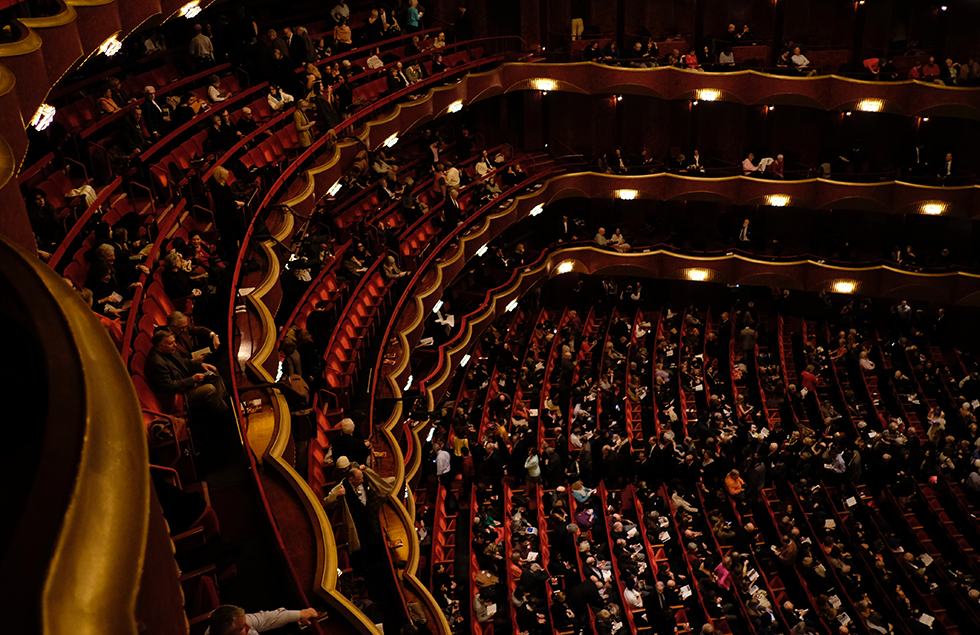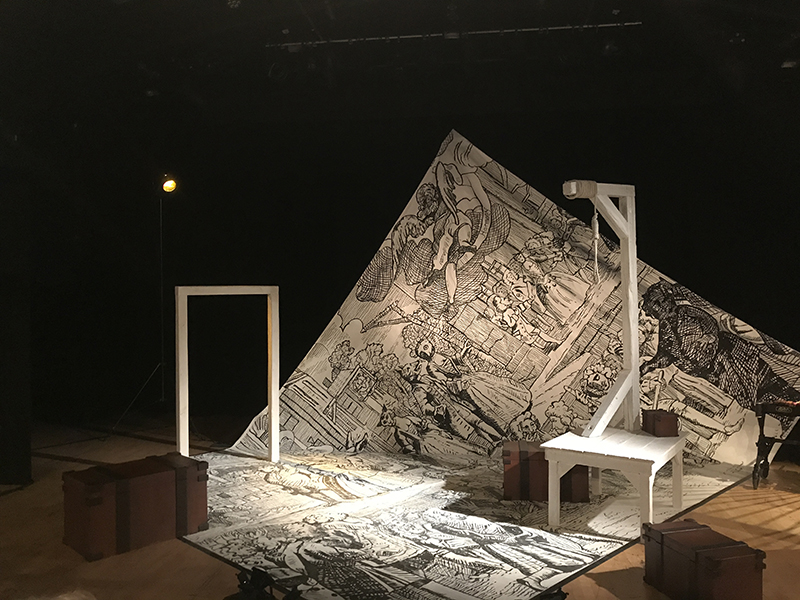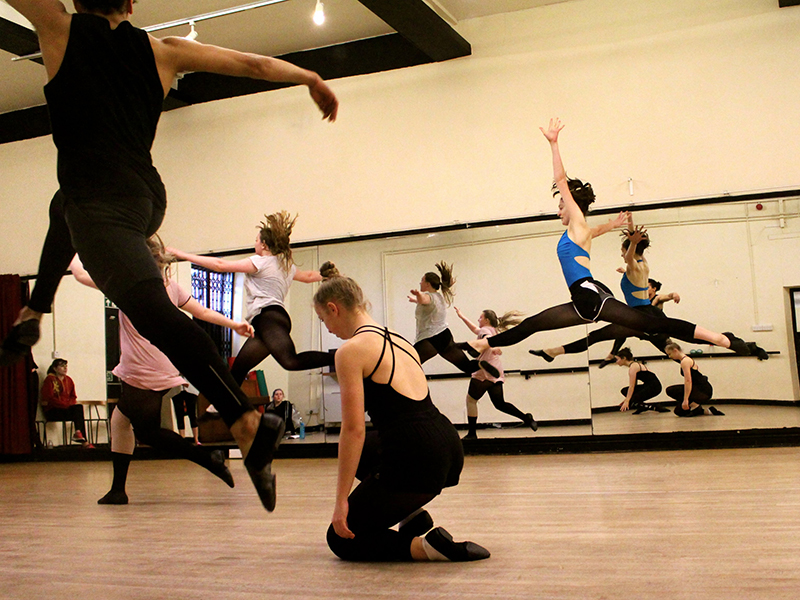Many people from unprivileged backgrounds in Wales aren’t engaging with the arts because of cultural and economic barriers

Wales is a land entrenched with culture and a love for the arts. It’s the Land of Song, a place where music and singing are rooted in the souls of its people.
Yet, a report published in November 2019 by the Welsh government’s Committee for Culture, Welsh Language and Communications showed how the arts are failing to reach those living in poverty in Wales.
Research on poverty levels in Wales also showed that in 2018, 23% of people in Wales lived below the poverty line, with this percentage set to increase up to 27% by 2021. This is a significant part of the population who can’t afford to go out for a cultural night with their families.
In the report, the Committee for Culture found that cost of admittance was not the only barrier preventing people in poverty from participating in cultural activities. The cost and availability of transport and the perception of some cultural activities as ‘not for them’ were also mentioned.
In particular, classical arts such as opera and ballet seem to struggle the most to widen their audience and to reach people who come from an unprivileged background.
The barrier of cost
Jana Holesworth, co-artistic director and producer of Opera’r Ddraig, a new opera company aiming to bring a fresh approach to opera, said that the financial aspect plays an important part in encouraging people to attend the opera.
“A few years ago, we organised a production of Johann Strauss’ comedic opera, Die Fledermaus at Spit & Sawdust skate park near Rumney,” Jana explained. “On that same street there’s a homeless shelter called Oak House, we offered them free tickets to come and experience what was for many of them, their first opera.
“We had a really good turnout and those who had never experienced this kind of performance loved it!” she added.
Over the years, arts bodies such as the Welsh National Opera and the Mid Wales Opera, have been working on making their performances more accessible, offering tickets at a more affordable price specifically aimed at encouraging people from all backgrounds to engage. Unfortunately, this still does not take into consideration other costs such as transportation and also cultural barriers that might come into play.
It’s like if there was a wall, preventing us from getting a full grasp of opera and therefore caring about it
The cultural barrier
“Our work at the Mid Wales Opera is to bring accessible operatic productions around Mid Wales and reach those communities of people that don’t always get to go down to Cardiff to see a performance at the Millennium Centre,” said Richard Studer, artistic director of the Mid Wales Opera company.
Just a few weeks ago, the company took their production of Mrs Peachum’s Guide to Love and Marriage to the Blackwood Miners Institute, and in this occasion the price of the ticket was set to only a penny to encourage more people from the community to attend their performance. The turnout, however, was quite poor, with only a handful of people attending the performance.

Richard commented, “When we take our productions to the valleys, it is always very hard to fill a room full of people.”
The issue of disconnection seems to have many roots that go beyond the financial aspects, including a cultural and linguistic disconnection.
“Opera and those forms of ‘high art’ are things that I would never ever dream of engaging with because they feel so posh, upper class and all in all, distant” said Poppy Jennings, 23, a part-time postgraduate student of English Literature at Cardiff University, whose love for the arts dates back to her up-bringing in North England.
“I have always loved literature and getting a job in the arts has always been kind of my dream,” she explained. “I grew up in a working-class family and my teachers in college laughed at me when I told them I was applying to Russell Group universities.”
Poppy said that not being raised going to the opera made it really difficult for her to engage with it. “It’s like if there was a wall, preventing us from getting a full grasp of opera and therefore caring about it,” she finished.

Breaking the barriers
Rubicon Dance is a community dance school based on Nora Street in Adamstown, Cardiff. Molly Kenny started Rubicon Dance in 1976 when she recognised that access to dance was limited and came up with a way to bring it to the people.
The school brings a variety of dance for all levels to the community of Adamstown, such as jazz, tap, contemporary and also ballet. The courses are all at reasonable prices for all ages and abilities.
Adam Lloyd-Binding, centre co-ordinator at Rubicon, said their aim was to reach people from all communities in Cardiff. Rubicon has also been working on breaking that barrier of cost that often gets in the way of people who would be interested in learning how to dance.
By being in Adamstown, Rubicon dance brings the arts at the heart of the community helping people feel comfortable and breaking those cultural and social barriers as well as economic.
“The financial barrier is obviously a limit that needs to be addressed,” he continued, “but I think that there is also a barrier in what people see. You can make free all the performances you want, but if people see or feel like they are not welcome, they won’t engage.”
Adam finished, “The gap between the arts and poverty is still there, and everyone has work to do to reach more people and make the arts more accessible to everyone.”
